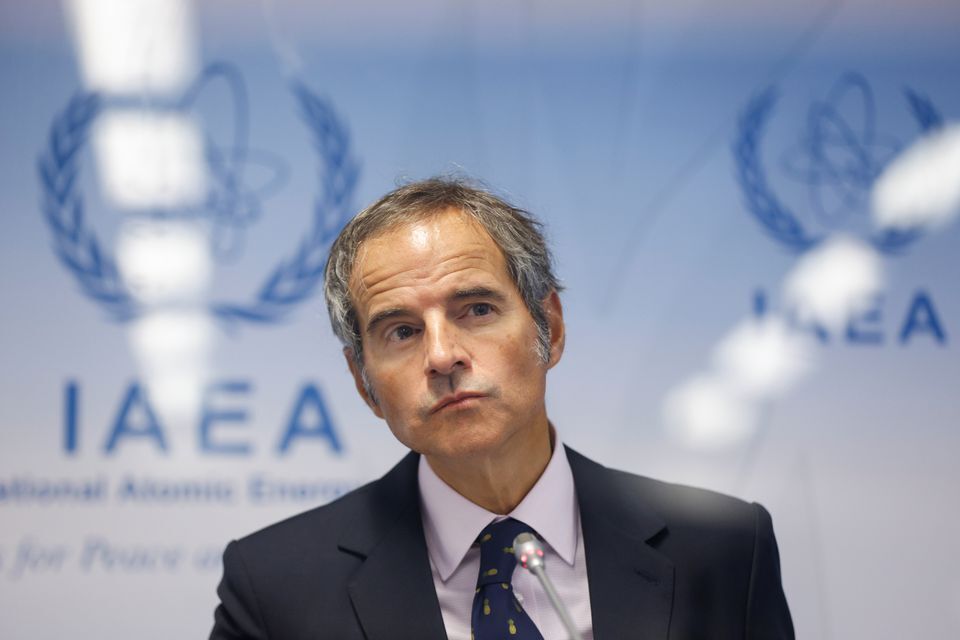“What one can say is that the JCPOA, or what remains of it, has become, in practical terms, irrelevant. It will have to be revived, and I think there is still maybe a glimmer of hope that this could be done, although that is in the hands of those negotiating,” Grossi stated in an interview with Al Jazeera.
The Iran nuclear deal, also known as the JCPOA, was an agreement signed in 2015 by Tehran with the United States, the United Kingdom, France, Germany, Russia and China, during the presidency of Barack Obama. However, Obama’s successor Donald Trump abandoned the JCPOA in May 2018 and slapped harsh sanctions on Iran. Joe Biden had vowed to resume talks to revive the Iran nuclear deal and remove the harsh US sanctions. Two years into the presidency, Biden has failed to keep his promise and is now threatening to take military action.
Iranian Foreign Ministry Spokesman Nasser Kanaani has recently noted the sanctions removal talks have not been taken off Iran’s agenda.
Kanaani added that all efforts by the EU coordinator for the talks show that the other sides have also remained committed to the continuation of the negotiations.
The Iranian Foreign Ministry spokesman however stressed that the only problem is the contradiction between the US’s words and action.
He noted that the US on the one hand sends messages in which they express their views about ways of reviving the 2015 nuclear deal, JCPOA, and on the other hand its behavior and statements fail to complement the process of talks.
Kanaani stated that the way has been paved technically for the revival of the JCPOA and the return of all parties to their obligations under the accord.
The spokesperson underscored whenever Washington desires, all sides can return to the deal. Kanaani however underlined that Iran will not wait for the agreement to be revived and will pursue its own foreign policy agenda.
